Kenya has stepped into the spotlight as the Energy and Petroleum Regulatory Authority (EPRA) collaborates with the African Development Bank (AfDB) in a workshop that brings together energy regulators and experts from across the continent.
The focus? Validating the 2024 Electricity Regulatory Index (ERI) Report, a key tool in assessing how African nations manage and improve their electricity regulation frameworks.
Introduced in 2018, the ERI has become a crucial benchmark for evaluating electricity sector regulations, measuring performance across three core areas: Regulatory Governance, which examines the legal and institutional structures; Regulatory Substance, which assesses how effectively regulators implement policies; and Regulatory Outcomes, which captures the real-world impact on consumers and utilities.
The findings help African nations identify weaknesses and refine their regulatory approaches to attract investment and improve energy services.
EPRA, which has participated in the ERI for five cycles, credits the initiative with helping Kenya introduce significant regulatory reforms.
Read More
EPRA Director-General Daniel Kiptoo, speaking during the workshop, reaffirmed the authority’s commitment to strengthening Kenya’s energy sector.
“EPRA is committed to ensuring that Kenya’s energy sector remains efficient, sustainable, and accessible to all. Our participation in the Electricity Regulatory Index over the past five cycles has driven significant regulatory improvements," Kiptoo stated.
"Through the Index, we have enacted key reforms, including the Energy Act 2019, strengthened tariff and energy efficiency frameworks, streamlined licensing, enhanced transparency, and improved consumer protection."
Beyond Africa, the ERI’s influence has extended globally, with the World Bank Global Electricity Regulatory Index (GERI) adopting its methodology in 2022 to establish international regulatory benchmarks.
Dr. Kennedy Mbekeani, Director General of East Africa Regional Development, Integration and Business Delivery Office at AfDB, highlighted this milestone.
"The ERI diagnoses the regulatory landscape and weaknesses of the 44 participating countries and benchmarks them against international best practices and also provides appropriate recommendations to address identified gaps," Mbekeani said in a statement read on his behalf.
"Its impact has reached the global scale where in 2022, the ERI was globalized through the World Bank Global Electricity Regulatory Index (GERI), developed using the ERI methodology.
Mbekeani further stated that the Index has enabled regulatory benchmarking, highlighting key regulatory trends across continents.
Kenya has consistently ranked among Africa’s top five countries with well-developed regulatory frameworks, alongside Uganda, Egypt, Senegal, and Ghana.
With its eyes set on the future, EPRA is now working on regulations that will accelerate the adoption of Battery Energy Storage Systems, Green Hydrogen, and Electric Mobility, positioning the country at the forefront of modern energy innovation.

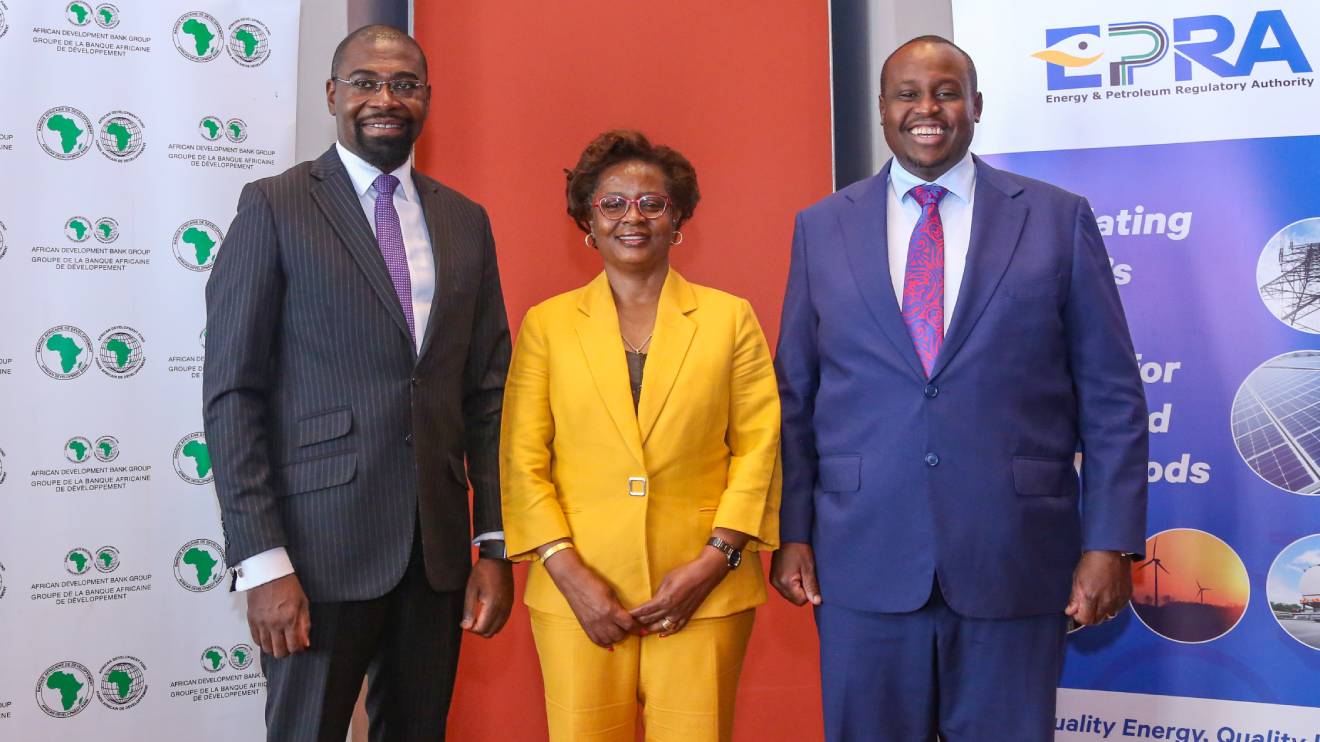
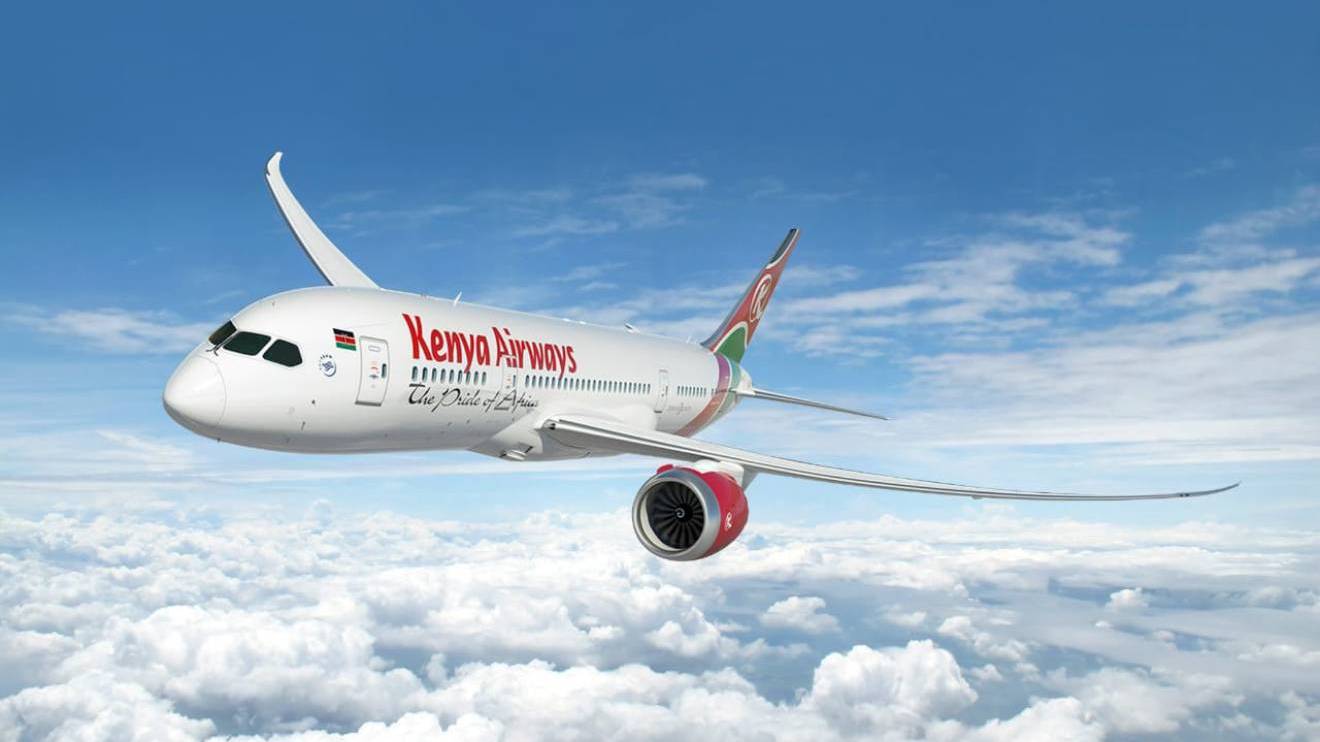


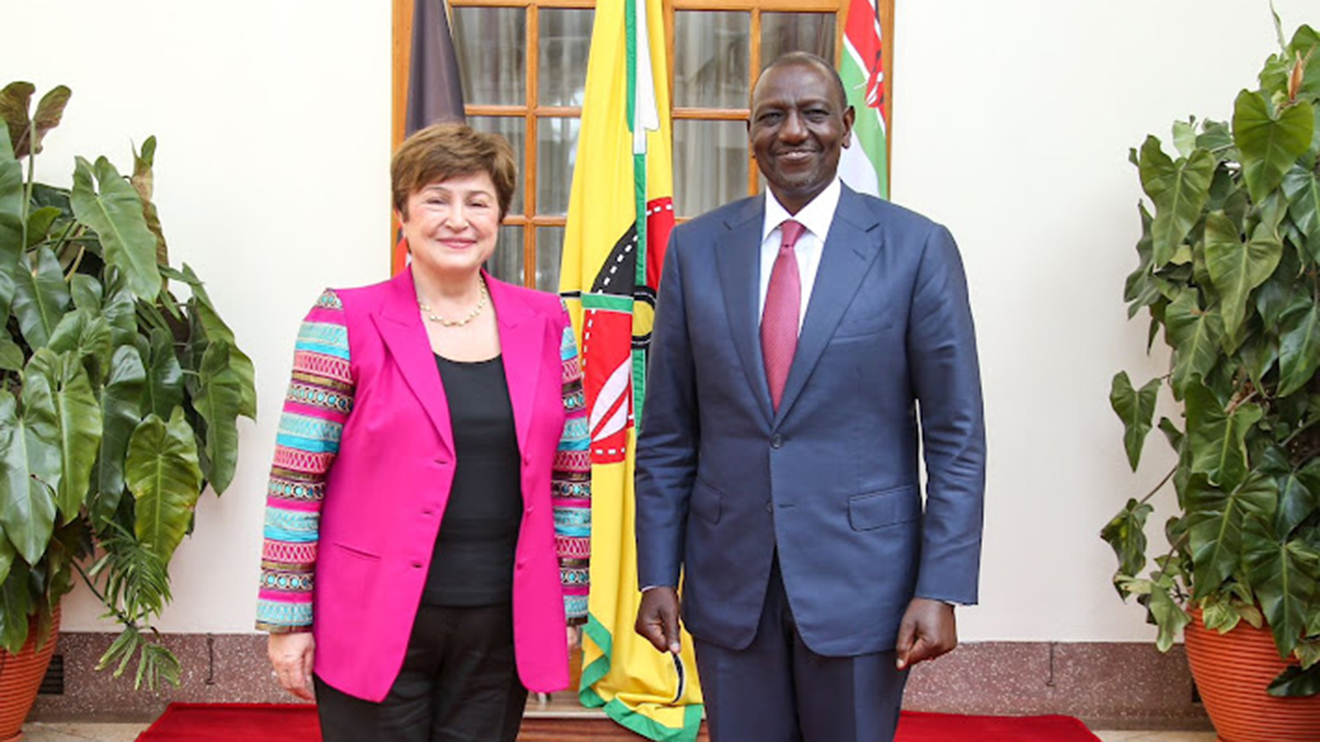
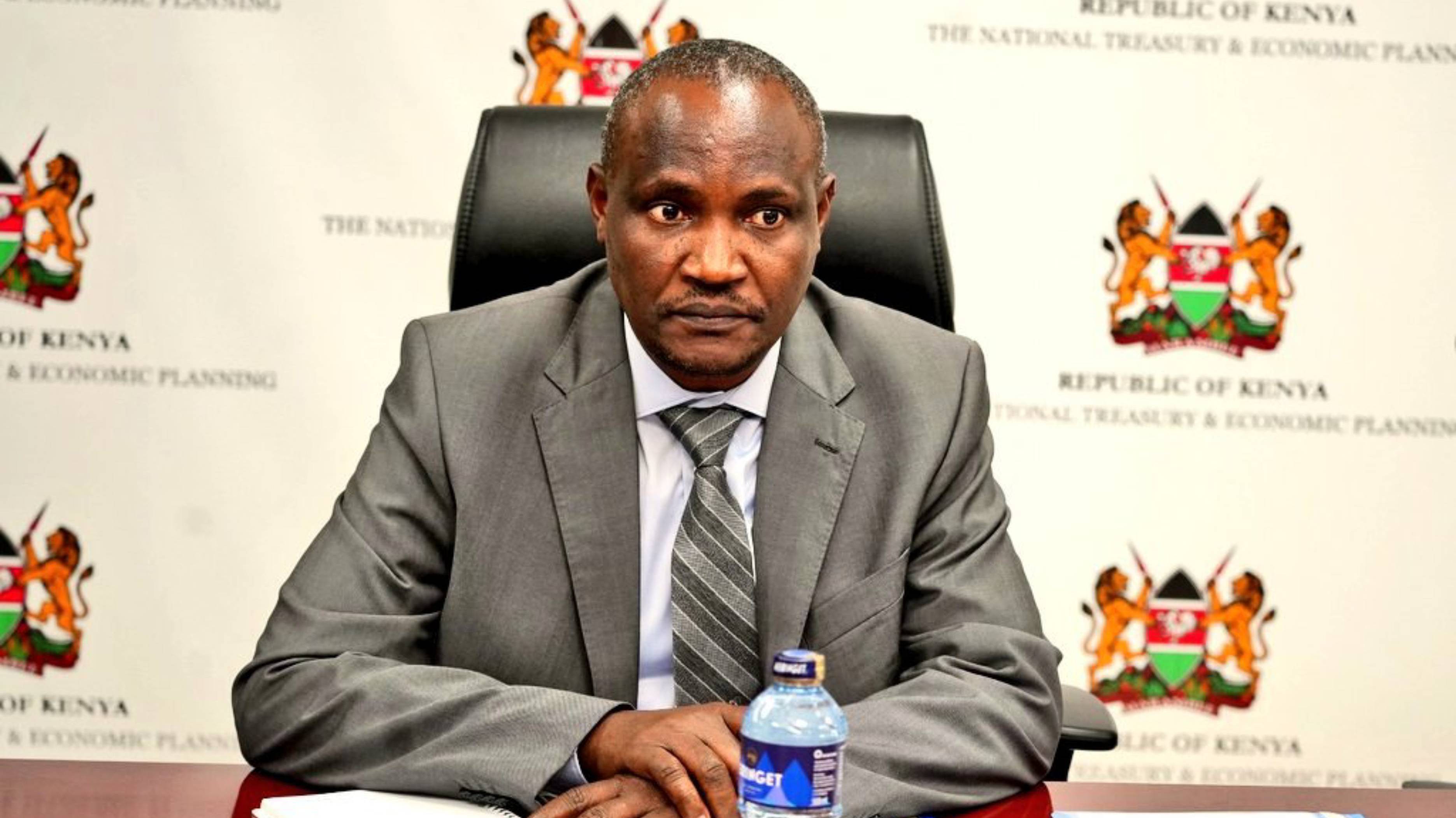
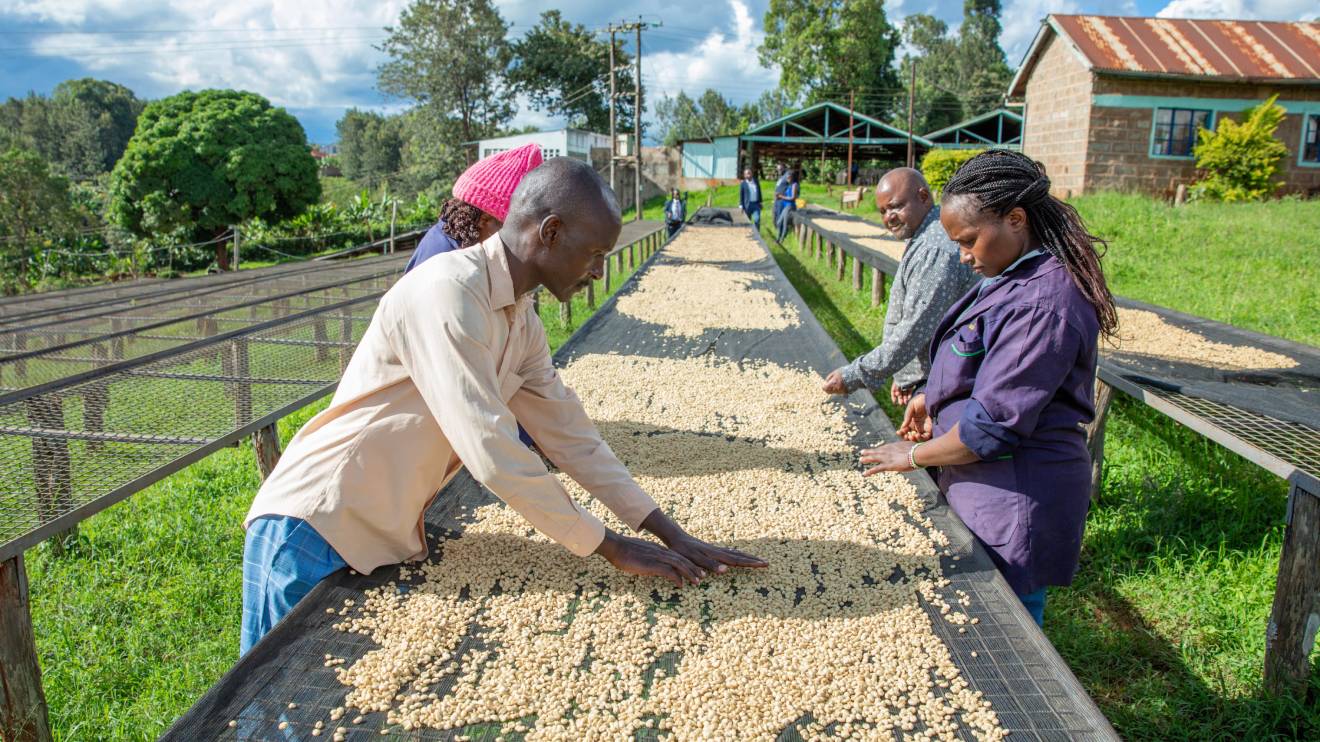

-1745244494.jpg)
